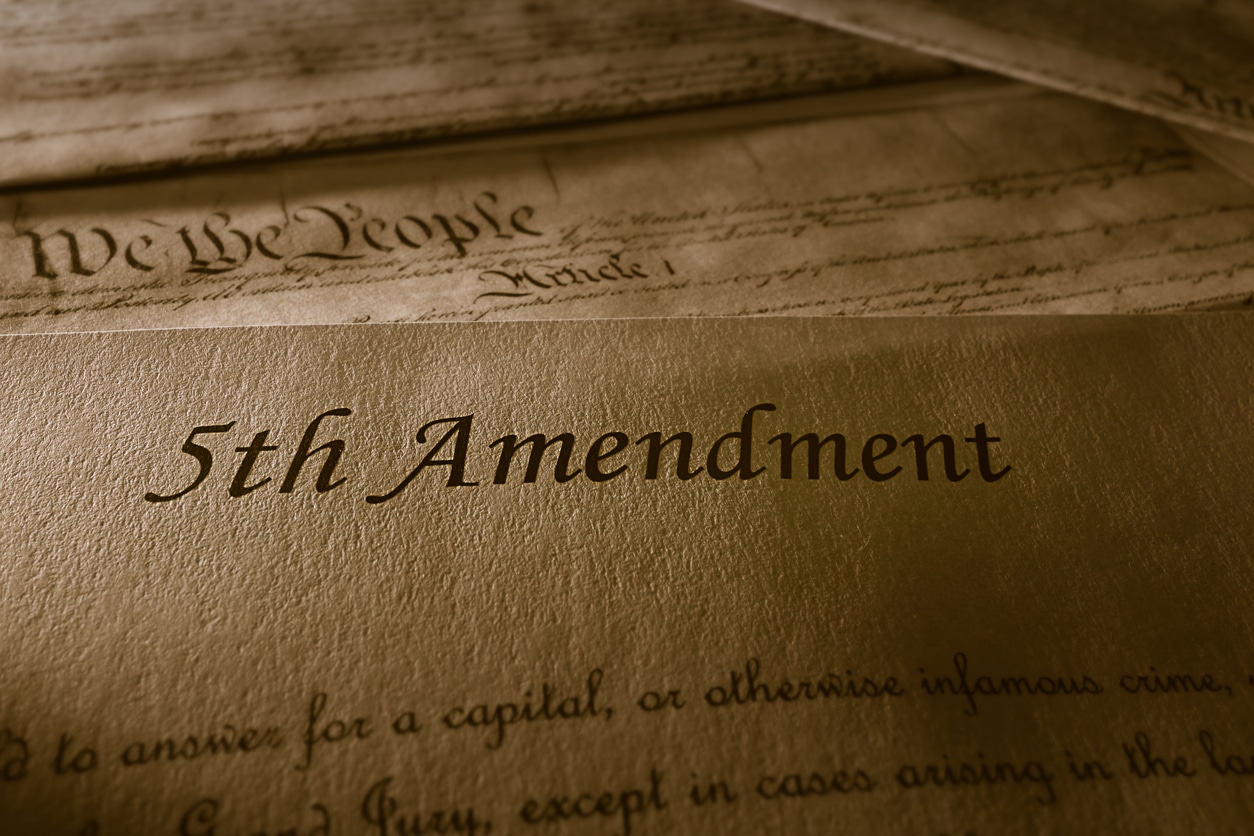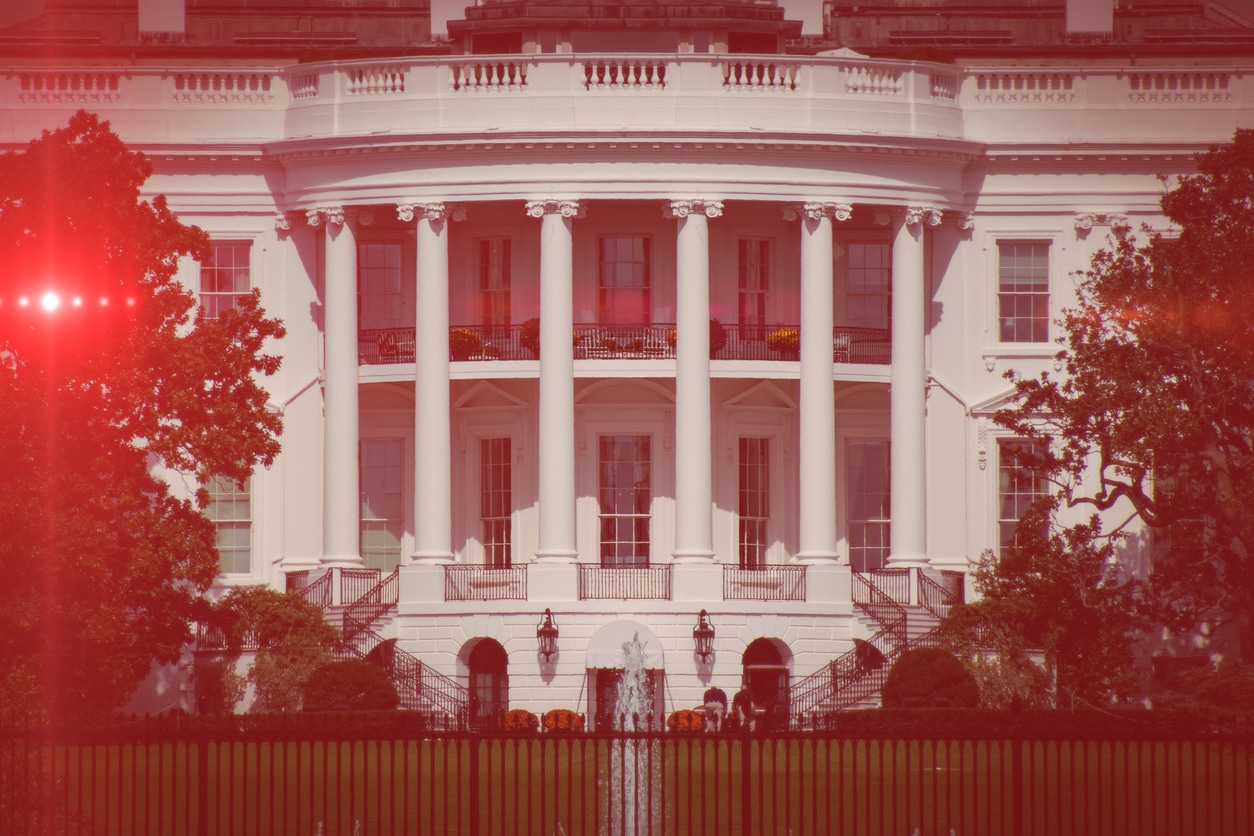Under ordinary circumstances, Sept. 1 — Labor Day — would be a day of celebration and pride. Not only does it commemorate the sacrifice of working families, but, quite fittingly, it’s the date on which a new landmark responsible lending law will go into effect in New York State. On that day countless New Yorkers will be protected from predatory lending practices, and subprime lending institutions will finally be held accountable for abusive practices.
Unfortunately, Fannie Mae and Freddie Mac, by far the largest secondary market purchasers of mortgages in the country, have decided to rain on New York’s parade by opposing the New York law. In threatening to not purchase New York subprime mortgages, effective Sept. 1, Fannie and Freddie are shirking their responsibility and their charge to serve the public good.
This is unacceptable, especially coming from two institutions that regularly feed at the public trough and have been promised a taxpayer bailout. Ironically, Fannie and Freddie were complicit in causing the very mortgage lending crisis that threatens to overwhelm them, primarily, through their recklessly aggressive investments in subprime mortgage securities, and secondly, through their notorious efforts over the years to block subprime lending industry reforms throughout the country.
Now, in New York State, Fannie and Freddie are balking at the “assignee” liability provisions in the state law because it provides borrowers targeted by predatory lending practices with legal defenses against mortgage purchasers. But as a statement made by the New Yorkers for Responsible Lending explains, “The only time a borrower can raise claims against the purchaser of the loan, or ‘assignee,’ is when defending against a foreclosure. Borrowers can claim limited damages only, never to exceed the loan amount. In addition, the new law gives loan purchasers an ‘out,’ enabling Fannie Mae and Freddie Mac to cure any violation of the law prior to foreclosure…”
With the mortgage industry in a tailspin and lending institutions reluctant to assume new risk, the role of Fannie is critical to the ability of homeowners to access mortgage credit. Furthermore, the New York State law provides much needed the assurances to the secondary market that mortgages they purchase will meet basic underwriting standards. At the very least, Fannie and Freddie’s actions undermine efforts to restore confidence and order in the mortgage industry, while having a chilling effect on other national efforts to combat abusive lending practices.
If Fannie and Freddie cannot abide by laws designed to protect the public, then they are unworthy of the public’s trust and dollars.




Comments